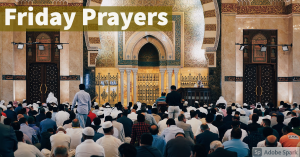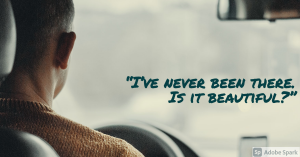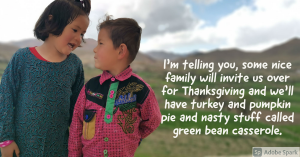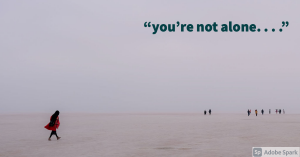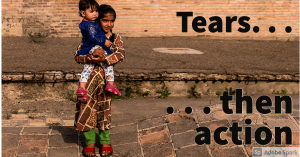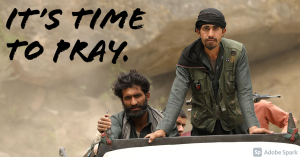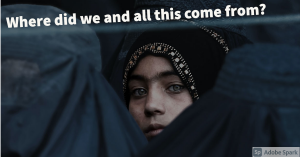
| Nate Bargatze is my current favorite comedian. When his baby daughter didn’t cry at her first inoculations, his wife thought she was very brave. He wondered if she was pyscho! “Who doesn’t cry when they get a shot?!?” He hilariously imagined two possible futures, “Either we’ll be at her graduation saying, ‘Honey, we are so proud of you,” or we’ll be in front of tv cameras in our yard saying, ‘We love you dear. Turn yourself in.’”
Some blend of pride and longing shame likely characterizes the leaders of the seminary in India that catalyzed the early thinking, who shaped the early minds, of the group of Muslims we’ve come to know as the Taliban. Pride in how they stood up to two of the world’s great powers. Shame that they diluted the teaching which had formed the genesis of their movement. In the late 1860’s, just a few years after the British had taken over the Muslim leaders of India, a new movement was born to call Muslims back to a pure form of faith. It became known as Deobandi Islam. After Indian Partition in 1947, Deobandi seminaries began to grow across South Asia, in particular along the Pakistani/Afghan border. It was there the early leaders of the Taliban were educated. In a classic example of global play-making, Saudi Arabia began advocacy in South Asia in the 1980’s and their ultra-conservative Wahhabism increasingly influenced Taliban thought. Although this is oversimplified, the Wahhabi thinking contributed to the “domination through violence” modus operandi of the Taliban. In contrast, Deobandis in India have mostly lived at peace with other Muslims and the vast Hindu majority. Is it possible that India might have a voice in helping the Taliban build a civil society in Afghanistan? They’ve plowed vast sums of money into the country in recent years. Could original Deoband Seminary offer fresh reform? An 80 year old cleric there says, “I’m weak and old. But if given the chance, I would go to Afghanistan.” |

